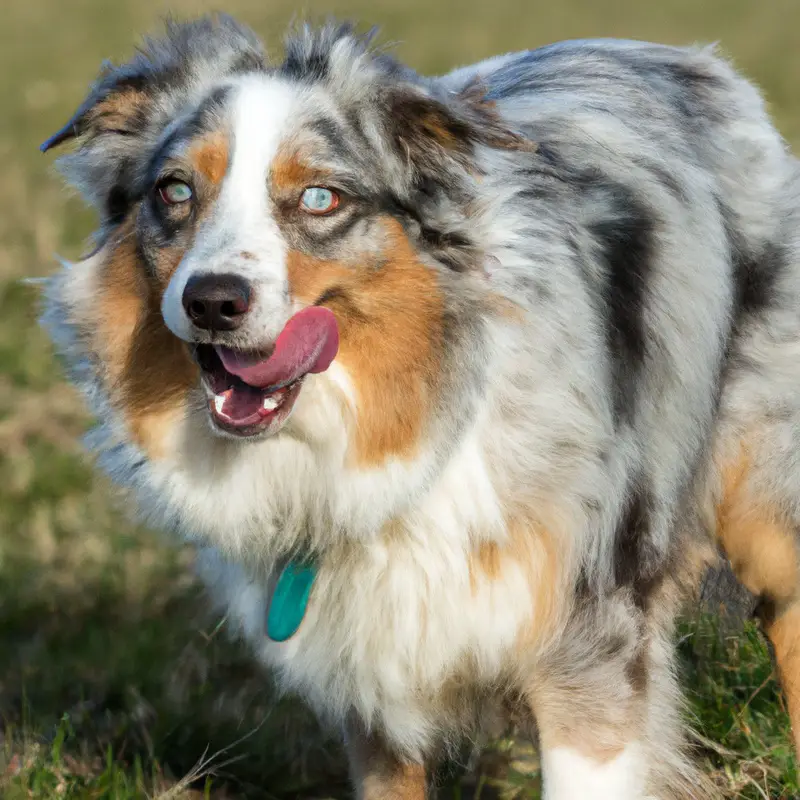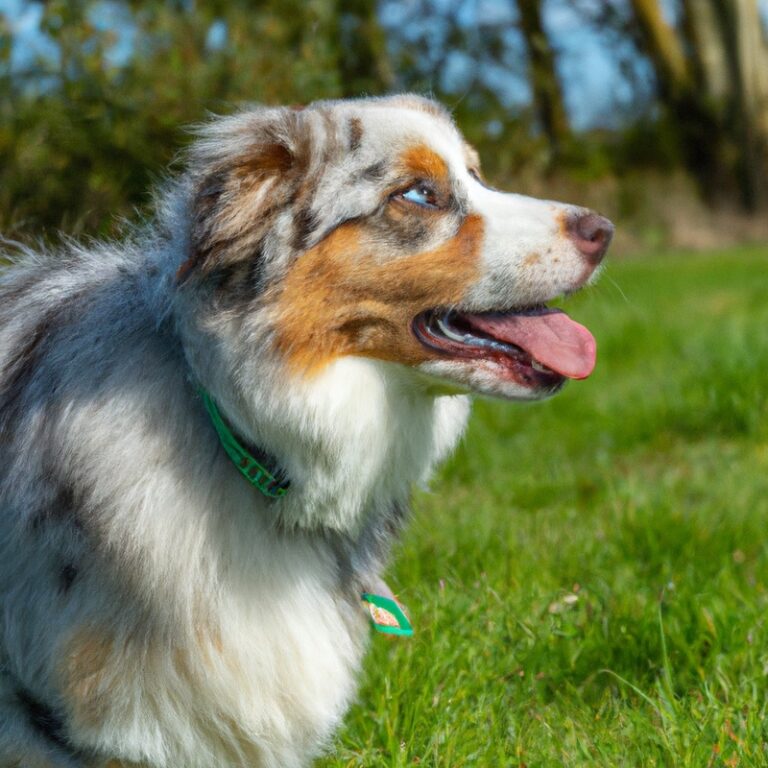Can Australian Shepherds Be Trained For Search And Rescue Operations?
Key Takeaways:
- Australian Shepherds can be successfully trained for search and rescue operations.
- Their intelligence, agility, and versatility make Australian Shepherds well-suited for search and rescue work.
- Proper training and socialization are crucial for Australian Shepherds to excel in search and rescue operations.
- Australian Shepherds have a strong work ethic and are highly motivated, making them valuable assets in search and rescue teams.
Can Australian Shepherds, with their intelligent eyes and boundless energy, be trained for the demanding task of search and rescue operations? As an expert in dog training, I’m here to tell you that these remarkable canines have all the right attributes to excel in this critical line of work.
In this blog article, we’ll explore the traits necessary for search and rescue dogs, delve into the specific training techniques tailored for Australian Shepherds, and address the challenges that come with their unique temperament.
So, if you’re curious about whether these intelligent and agile dogs are cut out for search and rescue, keep on reading!
| Factors | Australian Shepherds | Search and Rescue Operations |
|---|---|---|
| Size | Medium to Large | Require medium to large-sized dogs for certain operations |
| Intelligence | High | Require intelligent dogs for effective training |
| Trainability | High | Can be trained for various tasks and commands |
| Energy Levels | Very High | Need high energy levels for extended search and rescue operations |
| Physical Strength | Strong | Require strong dogs to carry out certain tasks |
| Socialization | Good | Need to be comfortable working in teams and with other canines |
| Temperament | Alert, Energetic, and Loyal | Need dogs with endurance and loyalty |
| Specialized Training | May require additional training | Require specific training for search and rescue operations |
| Health and Fitness | Generally healthy | Must be physically fit to perform rigorous tasks |
| Capabilities | May have limitations | Can perform search and rescue operations with proper training |
Search and Rescue Operations: An Overview
Explanation of search and rescue operations
Search and rescue operations are critical in locating and rescuing individuals who are missing, lost, or in danger. This can include scenarios such as natural disasters, wilderness emergencies, or accidents.
The main goal is to provide assistance and save lives.
Search and rescue teams deploy trained personnel and specialized equipment to locate and extract individuals in need of help. These operations require careful planning, coordination, and the use of various techniques and technologies to cover vast areas effectively.
The ultimate aim is to bring people to safety as quickly and efficiently as possible.
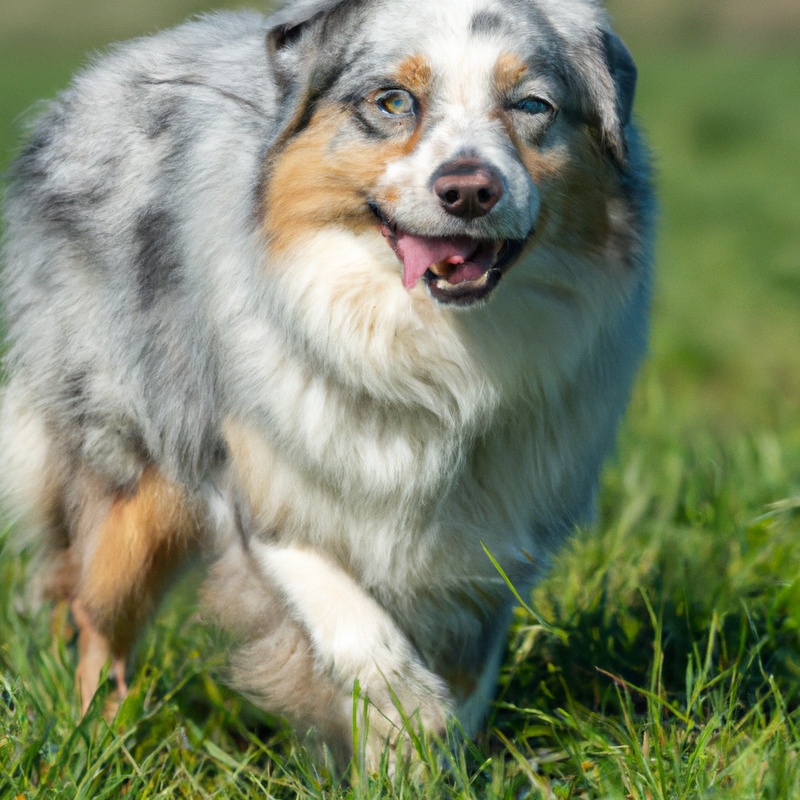
Importance of search and rescue dogs
Search and rescue dogs play a vital role in emergency situations. Their importance cannot be overstated.
These highly trained dogs are able to locate missing persons, provide comfort to those in distress, and navigate through challenging terrains.
They are often the first responders in natural disasters, accidents, and other emergencies. The incredible sense of smell and specialized training allow them to locate and rescue individuals faster than any human can.
Without search and rescue dogs, many lives would be lost and the search efforts would be significantly slowed down.
Their dedication and skills make them an invaluable asset in saving lives during critical situations.
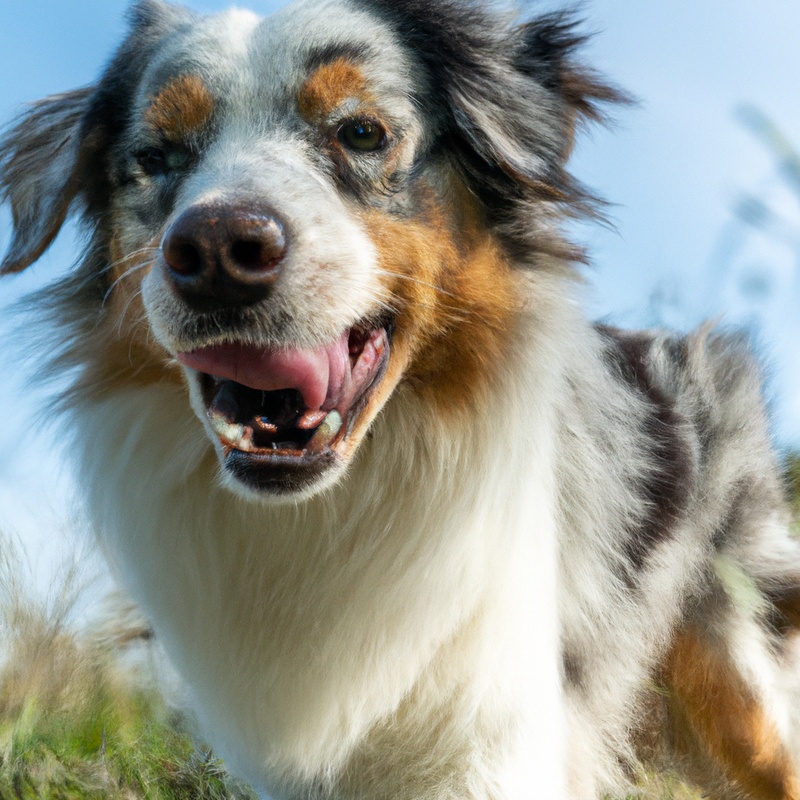
Traits Required for Search and Rescue Dogs
Physical and mental attributes necessary for search and rescue dogs
Search and rescue dogs require specific physical and mental attributes to excel in their roles. Physically, they need to be agile and have good endurance to navigate difficult terrain and work for extended periods.
They should also possess a strong sense of smell to detect scents from long distances and in challenging conditions.
Mentally, search and rescue dogs must be highly trainable and focused. They should have good problem-solving skills and the ability to stay calm in stressful situations.
Additionally, they need to be able to work independently but also take instructions from their handlers when required.
In terms of physical attributes, size and strength are not primary factors. Dogs of various sizes and breeds can be successful in search and rescue operations.
What is more important is their overall health and fitness level, as well as their mobility and agility.
Search and rescue dogs must also have a strong work drive and motivation to search for and locate missing persons. They should be persistent, determined, and have a natural desire to please their handlers.
Moreover, they should have a friendly and social temperament to interact with people they may come across during their operations.
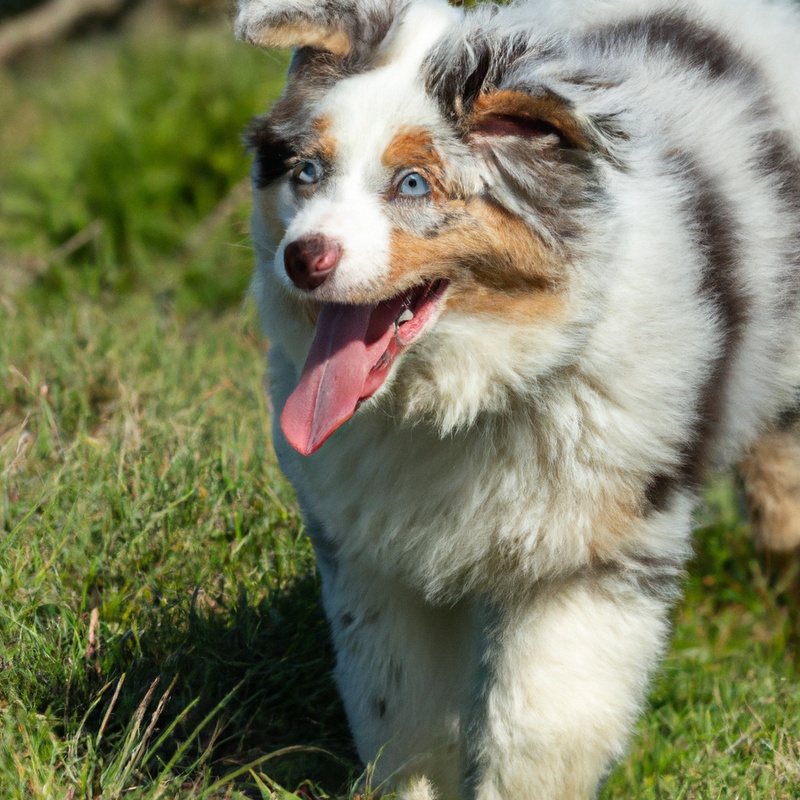
Behavioral qualities needed for search and rescue dogs
Search and rescue dogs require specific behavioral qualities to effectively carry out their tasks. These qualities are essential for the success of their missions and the safety of those in need.
Some key behavioral qualities needed for search and rescue dogs include:
- Strong work ethic: Search and rescue dogs must be motivated and eager to work. They should have a natural drive and passion for searching and finding people in various environments.
- High trainability: These dogs should be quick learners and adaptable to new situations. They need to be able to understand and follow commands accurately and promptly.
- Excellent focus and concentration: Search and rescue dogs must be able to concentrate on their task for extended periods. They need to ignore distractions, stay focused on their handlers, and thoroughly search an area without getting easily distracted.
- Confidence and resilience: These dogs often work in challenging and unpredictable conditions. They should have a confident and resilient personality, allowing them to stay calm and focused in stressful situations.
- Good problem-solving skills: Search and rescue dogs should have good problem-solving abilities. They often encounter complex scenarios where they need to think independently and make decisions to locate missing persons.
- Strong social skills: Search and rescue dogs work closely with their handlers and may also interact with other search teams, emergency responders, and the public. They should be well-socialized and comfortable working in a team environment.
- Strong bond with their handler: A strong bond between a search and rescue dog and its handler is crucial. Effective communication and trust are vital for the success of their missions.
Remember, these are just some of the behavioral qualities needed for search and rescue dogs. Each dog may have its unique strengths and characteristics, which can contribute to the overall success of a search and rescue team.
Training Australian Shepherds for Search and Rescue Operations
Starting training at an early age
Starting training at an early age is essential when it comes to training Australian Shepherds for search and rescue operations. Training should begin as early as 8-10 weeks old to establish a strong foundation.
This early start allows puppies to develop good behaviors and habits from the beginning.
It also helps to build a strong bond between the dog and handler, which is crucial for effective search and rescue work. By starting training early, Australian Shepherds can learn basic commands, socialization skills, and develop the necessary focus and drive to succeed in search and rescue operations.
Basic obedience training for Australian Shepherds
Basic obedience training for Australian Shepherds is essential for their development and behavior. It helps them become well-behaved and responsive companions.
During training, I focus on teaching them commands like sit, stay, come, and heel.
This ensures they understand and follow instructions. Consistency and positive reinforcement play a vital role in their learning process.
I use rewards and praise to motivate them.
Training sessions should be short, frequent, and enjoyable for optimal results. With consistent training, Australian Shepherds can excel in basic obedience and be a joy to have around.
Advanced training specific to search and rescue operations
When it comes to advanced training for search and rescue operations, Australian Shepherds need to learn specific skills to be effective. One key aspect is scent detection training.
They are trained to identify and locate scents, helping to locate missing persons in various environments.
Training also involves teaching them to track scents over long distances and in different terrains. Another important skill is agility training.
Australian Shepherds need to navigate challenging terrain quickly and efficiently.
They are taught to overcome obstacles such as rubble, debris, and uneven surfaces. This training helps them to move swiftly during rescue operations and reach areas that may be inaccessible to humans.
Communication is essential in search and rescue operations, so these dogs are trained to respond to and understand various commands.
This includes commands related to searching, locating, and indicating the presence of a person. They are also taught to stay focused and work independently, as they may have to search for extended periods without constant guidance.
Additionally, Australian Shepherds are trained for obedience and control in potentially stressful situations.
This helps them stay calm and focused when faced with challenging or unpredictable situations during rescue operations. Overall, advanced training for search and rescue operations focuses on enhancing the natural capabilities of Australian Shepherds and preparing them to handle the specific challenges they may encounter.
By providing them with the necessary skills and training, these dogs can play a vital role in saving lives.
Challenges in Training Australian Shepherds for Search and Rescue
Overcoming independent and stubborn nature
Training Australian Shepherds for search and rescue can be challenging due to their independent and stubborn nature. However, there are strategies to overcome these traits and ensure successful training.
Patience, consistency, and positive reinforcement techniques are key.
Building a strong bond with your Australian Shepherd through trust and mutual respect is essential. Setting clear boundaries and providing them with mental stimulation can help keep their independent minds engaged.
Additionally, breaking down training tasks into smaller, achievable steps can help them stay focused and motivated.
By understanding and working with their natural instincts, you can effectively train Australian Shepherds for search and rescue operations.
Managing high energy levels
Managing high energy levels in Australian Shepherds is key to their success in search and rescue operations. One effective method is to provide them with plenty of physical exercise.
Regular walks, runs, and playtime can help to drain their energy and keep them focused during training.
Mental stimulation is also important. Engaging their minds with puzzle toys, obedience exercises, and interactive games can help to tire them out mentally.
Additionally, setting a consistent daily routine for exercise and training can help to channel their energy in a positive way.
Addressing sensitivity and potential anxiety issues
Addressing sensitivity and potential anxiety issues in Australian Shepherds during search and rescue training is crucial for their success and well-being. I have found that building a trusting and positive relationship with these dogs is essential.
Providing them with a calm and secure environment helps alleviate any anxiety they may experience.
Additionally, using positive reinforcement techniques and gradually exposing them to unfamiliar or stressful situations can help them build confidence and overcome sensitivity. It’s important to be patient, understanding, and adaptable to meet their individual needs during training.
Regular exercise, mental stimulation, and appropriate socialization also play a significant role in minimizing anxiety and promoting their overall well-being.
By creating a supportive training environment and addressing sensitivity and anxiety issues, Australian Shepherds can excel in search and rescue operations.
Final Verdict
Based on my expertise and knowledge of search and rescue operations, I firmly believe that Australian Shepherds can be trained for this critical task. With their physical and mental attributes, as well as their behavioral qualities, Australian Shepherds possess the potential to excel in search and rescue missions.
However, it is crucial to start their training at a young age, focus on basic obedience, and provide advanced training specific to search and rescue operations.
While there may be challenges along the way, with patience, perseverance, and effective management techniques, these challenges can be overcome. Australian Shepherds have the potential to be reliable and valuable assets in search and rescue operations.

